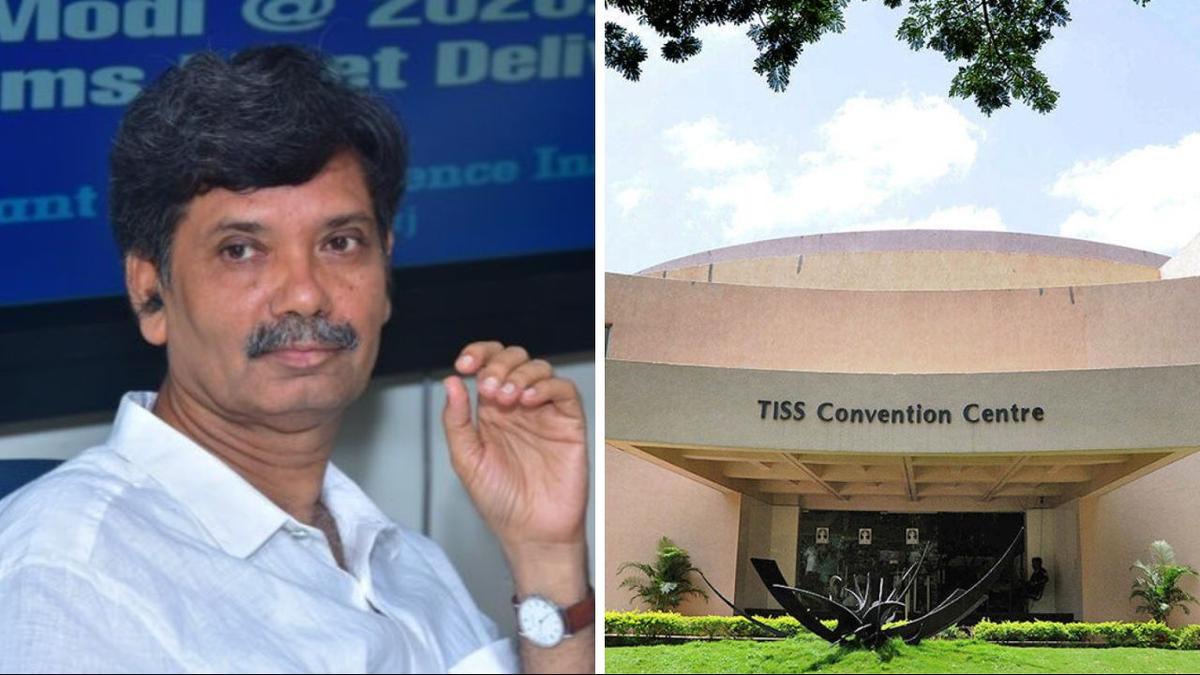Now Reading: Train Base Kitchen Shut Down, Fined ₹1 Lakh Over Violations
-
01
Train Base Kitchen Shut Down, Fined ₹1 Lakh Over Violations
Train Base Kitchen Shut Down, Fined ₹1 Lakh Over Violations

Swift Summary
- A base kitchen at Kadavanthra, used for catering food on trains, including Vande bharat, was fined ₹1 lakh after stale food was seized in May.
- The kitchen has as been shut down after an inspection led by a three-officer committee comprising Railways and IRCTC officials.
- Union Minister Ashwini Vaishnaw confirmed this closure in Parliament while responding to queries from MP Hibi Eden.
- Pilot testing with Kudumbashree Samrudhi network under Kochi Corporation has been conducted as a potential alternative for train food services.
- Catering licenses are awarded via obvious tenders floated by IRCTC and contracts are regularly reviewed for performance with corrective actions taken when necesary.
- Other measures to ensure food quality include:
– Modern kitchens equipped with CCTV monitoring of food preparation.
– Use of branded raw materials in cooking processes.
– Deployment of Food Safety Supervisors at kitchens and onboard trains.
– Mandatory FSSAI certification for all catering units.
– QR codes on food packets display origin and packaging details.
– Regular deep cleaning, pest control practices, third-party audits, inspections, and customer satisfaction surveys.
Indian Opinion Analysis
The closure of the Kadavanthra base kitchen reflects a serious commitment by authorities to address lapses in hygiene or quality standards within India’s railway catering system-a critical issue given the vast number of passengers dependent on such services daily. The hefty penalty imposed underscores accountability yet signals the importance placed on improving public trust through stringent safety protocols like mandatory certifications (FSSAI) and enhanced surveillance mechanisms.
Pilot testing community-run initiatives such as Kudumbashree could open doors for greater inclusivity while fostering localized networks that ensure high-quality meal preparation; however, replicating their model widely will need careful assessment to avoid logistical challenges across diverse regions. Furthermore, measures like QR code openness may enhance consumer confidence but require consistent enforcement to meet expectations fully.
While these proactive steps may improve passenger satisfaction over time, regular oversight from authorities remains key to ensuring long-term adherence across both government-linked actors (IRCTC) as well as private caterers serving India’s rail ecosystem effectively.
Read More: Published July 30, 2025























